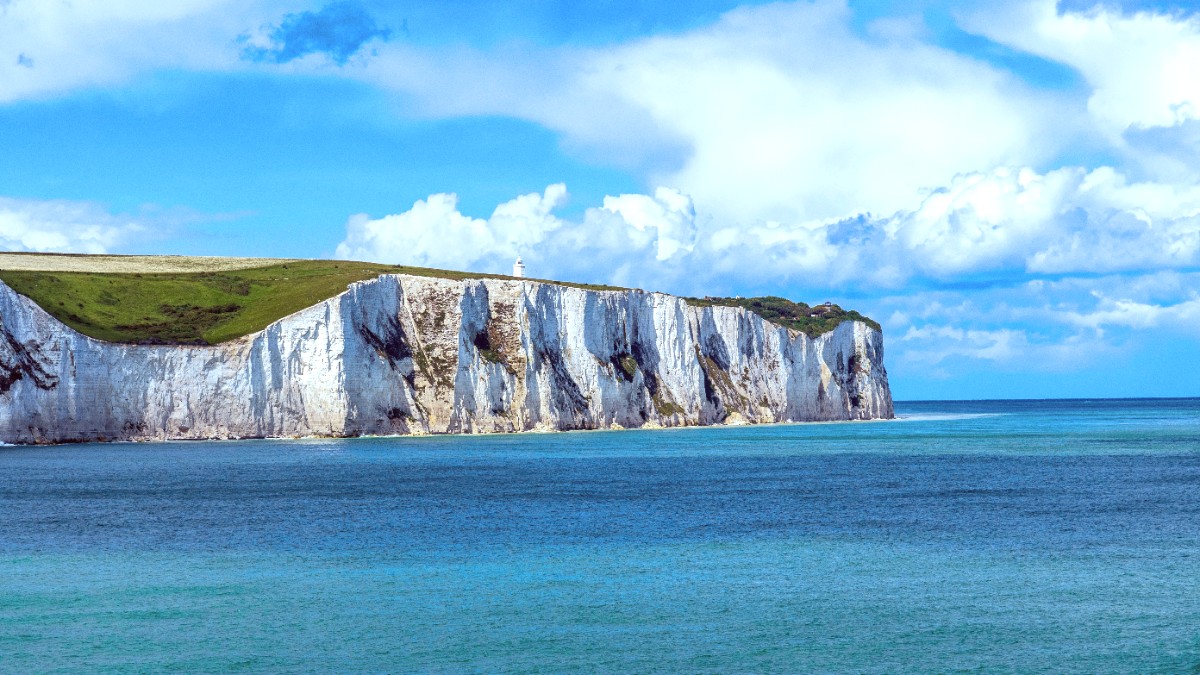
Southeast England, England
Standing atop the White Cliffs, gazing across the English Channel towards France, imparts a deep sense of perspective.
A visit fosters an appreciation for British resilience, specifically its historical significance in maritime defense.
Embracing the changeable British weather and navigating complex historic sites fosters adaptability and broadens one's worldview.
Dover's past whispers from every corner, from medieval castles to wartime tunnels.
The iconic White Cliffs are a timeless monument to natural beauty.
Dover embodies a resilient spirit, a constant guardian against threats throughout history.
Commit to traveling responsibly, leaving a positive mark on the places you visit.
Visit Canterbury for its Cathedral and medieval city, or Battle, the site of the 1066 battlefield. London presents an unparalleled array of historical sites, including the Tower of London and the British Museum.
Explore the "Garden of England." Visit world-renowned gardens like Sissinghurst Castle Garden, explore more stately homes, or tour local vineyards.
Take the ferry back to Calais or Dunkirk in France. This provides a direct connection to mainland Europe, simplifying further European exploration.
Integrate your Dover visit with a wider Kent itinerary, exploring its diverse towns and countryside.
Alternatively, link Dover with other coastal or historical destinations for a comprehensive regional journey.
These combinations create a cohesive travel experience across the region.
Return to Dover in spring to observe wildflowers blooming on the Cliffs.
Visit in autumn for quieter walks and the splendor of changing colors in the Kent Downs.
Consider coming back for a specific event like the Dover Regatta for a distinct experience of the town. For photography skills, visit Skillshare.
Allow your Dover experience to spark further discoveries in Britain and beyond. The insights gained here serve as a foundation for future adventures.
A view of Dover town from the Western Heights, portraying its unique blend of history and coastal life.
The castle has stood as a guardian of England for centuries, from Roman times to modern conflicts.
Dover's port has always been a link between Britain and continental Europe.
These iconic chalk cliffs are a powerful symbol of British identity and defiance.
Its geographical position dictated centuries of military and economic significance.
The layers of fortifications, from ancient earthworks to modern gun emplacements, tell a story of constant vigilance.
Dover's military past leaves a profound legacy on its landscape and identity.
Dover's allure extends beyond its wartime and medieval history.
Experience a contemporary working port town with a busy ferry terminal and a distinct local atmosphere.
Explore the breathtaking coastal paths atop the White Cliffs, offering stunning views and fresh sea air.
Discover local shops, traditional pubs, and community events that showcase Dover's friendly character.
The layers of Dover's past speak volumes, shaping its present and future.
Dover's roots as a Roman port are visible in remnants like the Roman Painted House and parts of the castle grounds.
William the Conqueror fortified Dover Castle, making it a powerful symbol of Norman rule and English defense.
The castle saw continuous development through the medieval period, expanding its role as a fortress.
The port was central to the Dunkirk evacuation, a testament to its strategic importance and the spirit of its people.
Beneath the castle lie secret tunnels, repurposed as a command center and hospital during WWII.
Dover presents a blend of history, nature, and modern life. May your journey leave lasting memories and a sense of connection to this iconic British gateway.